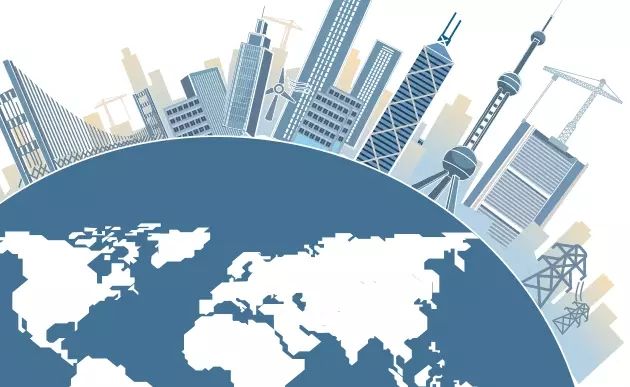Globalization’s Chequered Past

By Professor of Strategy & International Business Klaus E. Meyer
Discussions about globalization tend to paint a picture of an inescapable forward march, spurred on by advances in technology. But even a cursory look at the last 2,000 years paints a very different picture. Globalization ebbs and wanes with shifts in the global centers of power, changes in relationships between trading partners as well as in overall political conditions. Its path has been less of straight line, and more like a pendulum swinging back and forth.
Merchants were doing a thriving trade in the days of the Roman Empire, transactions that went beyond the Mediterranean. But infighting led to the Empire’s collapse, and trade along with it. Infighting was also the downfall of the Hanseatic League, which for 300 years during the European Middle Ages had successfully traded around the Baltic Sea. And in Asia, Chinese merchants’ 14th century trade with East Africa ground to a halt with the rise of a new emperor who provided impetus for anti-globalisation sentiments.
Then as the 20th century dawned, globalization was once again en vogue. There was free movement of capital and goods and multinational corporations thrived – even though the bulk of those benefiting were in Europe or North America. But the honeymoon ended with World War I and the protectionism of the 1920s. Trade barriers went up, foreign investments were curbed and the movement of people was no longer as “free” as before – visas and work permits created new restrictions. In the years after the financial crisis of 1928, many frustrated voters rejected the status quo, the existing economic and political order, instead casting their ballots for parties in favor of protectionist and nationalist polices.
Today, this all seems eerily familiar.
There has been a growing trend, since the financial crisis of 2008, to slow down globalization or even undo some of the work that’s been done. The Brexit vote and the election of Donald Trump are among the 21stcentury’s most headline-grabbing examples.
Why are anti-globalisation sentiments growing in popularity? Because there are many who feel that it has done nothing for them. Yes, globalization has resulted in economic prosperity over the last 50 years – just not for everyone. Productivity and economic growth have increased as nations pool their resources and leverage their areas of specialization to make the most of international trade; and people all over the world are better off–on average. But those are terms used by academics and if you ask the man on the street you get a different story. He doesn’t think in terms of GDP or trade figures, he’s too busy trying to make ends meet.
The academics will tell you that, theoretically, free trade should work for everyone. All that is needed is that those benefitting from cheap imports pay a small compensation to those experiencing pressure on their wages, or have lost their job. It should all be a matter of putting regulations in place to make sure everyone benefits. That’s the theory. It’s a lot harder to implement because it’s challenging to implement policies that actually work. This is why some economists have called, for decades, for a lot more to be done to tackle the unequal distribution of the benefits from globalization before focusing on ‘free trade for all’.
The thinking, for many years, was that only a small number of people were being side-lined by globalization and they would eventually benefit from overall economic growth – or social support and/or retraining if their skills were no longer needed. But that hasn’t been borne out by the evidence, which points to larger numbers of people being displaced in specific geographic areas. For example, studies have shown that Americans who lose their manufacturing jobs do not simply move on to others, and the overall impact of these job losses on their local economies is social instability and dissatisfaction with political representatives.
Globalization cannot be taken for granted, history has taught us that. The past is full of examples of how political division and nationalist policies have led to disruption of international trade, worsening of economic crises, and even military conflict. To prevent disruption of the prosperous growth of the past half century, businesses and policy makers need to help the relative losers from globalization, and thus maintain the societal support for free trade. Free trade can benefit everyone, but only if supported by domestic policies.
This article was first published by Yicai Global.









